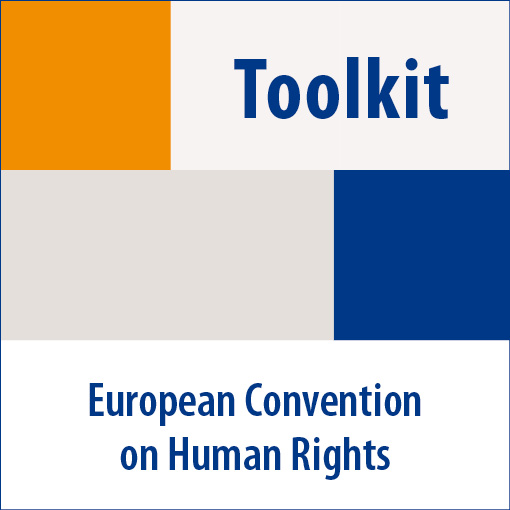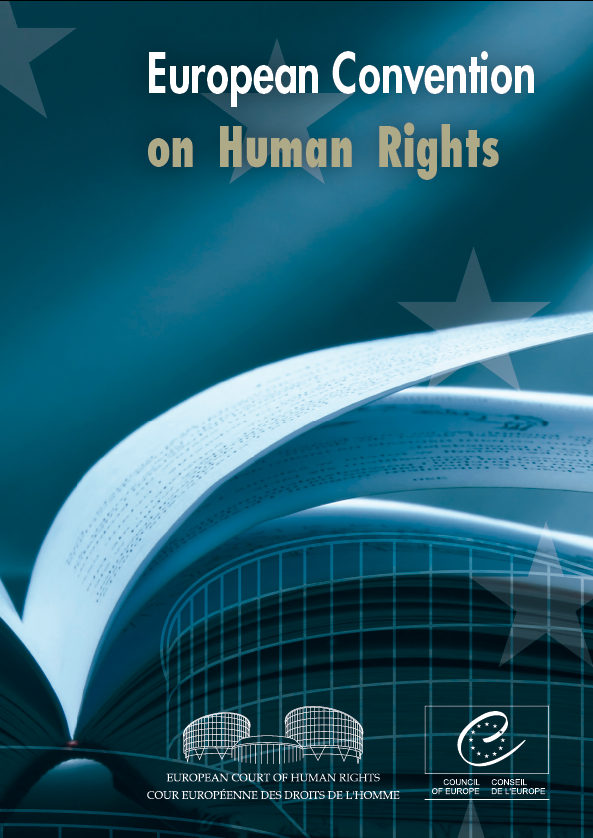Prohibition of imprisonment for debt (Article 1)
"No-one shall be deprived of his liberty merely on the ground of inability to fulfil a contractual obligation".
The "merely" clause is important: the article does not forbid imprisonment where there is an extra element like fraud or negligence. What it does prevent is imprisonment solely on the ground of failing to pay a contractual debt or fulfilling some other contractual obligation.
Freedom of movement (Article 2)
This contains two rights:
- everyone lawfully within a State's territory may move freely within that territory and choose their residence there;
- everyone may leave any country including their own.
Restrictions on these rights are allowed under similar conditions to those for Convention Articles 8 to 11, i.e.:
- in accordance with the law;
- necessary in a democratic society for specific aims, namely:
- in the interests of national security, public safety and public order; prevention of crime; protection of health and morals; protection of the rights and freedoms of others.
"Everyone" includes non-nationals, as in Convention Article 1.
Restrictions on free movement are less severe than the deprivation of liberty dealt with in Convention Article 5. They can include things like house arrest, curfews, confinement to or exclusion from a particular town or area of country and obligations to report regularly to the authorities. Acceptable reasons for imposing such restrictions include the risk that a suspect may abscond abroad, or divulge State secrets or meet with criminal (for example, Mafia) associates.
Any restriction must be proportionate to the permitted aim pursued. In several decided cases, restrictions on free movement, which had started off as justifiable, became unjustified when they were continued for several years (for example, Labita v. Italy).
Restrictions on free movement are usually imposed by courts but administered by the police, who need to be careful to monitor that the initial justification is and remains valid.
Prohibition of expulsion of nationals (Article 3)
This is an absolute and unconditional right for a person not to be expelled from the territory of a State of which he or she is a national.
Expulsion does not include extradition. It occurs where a person is obliged permanently to leave the territory of a State of which he or she is a national without being left the possibility of returning later. Whether someone is a "national" for the purpose of this provision will be determined by the national law of the State concerned.
Prohibition of collective expulsion of aliens (Article 4)
This is an absolute and unconditional prohibition of the collective expulsion of aliens.
"Expulsion" means the same as in Article 3 above. Expulsion of a group will not be "collective" if the authorities have reasonably and objectively examined the case of each individual in the group.




